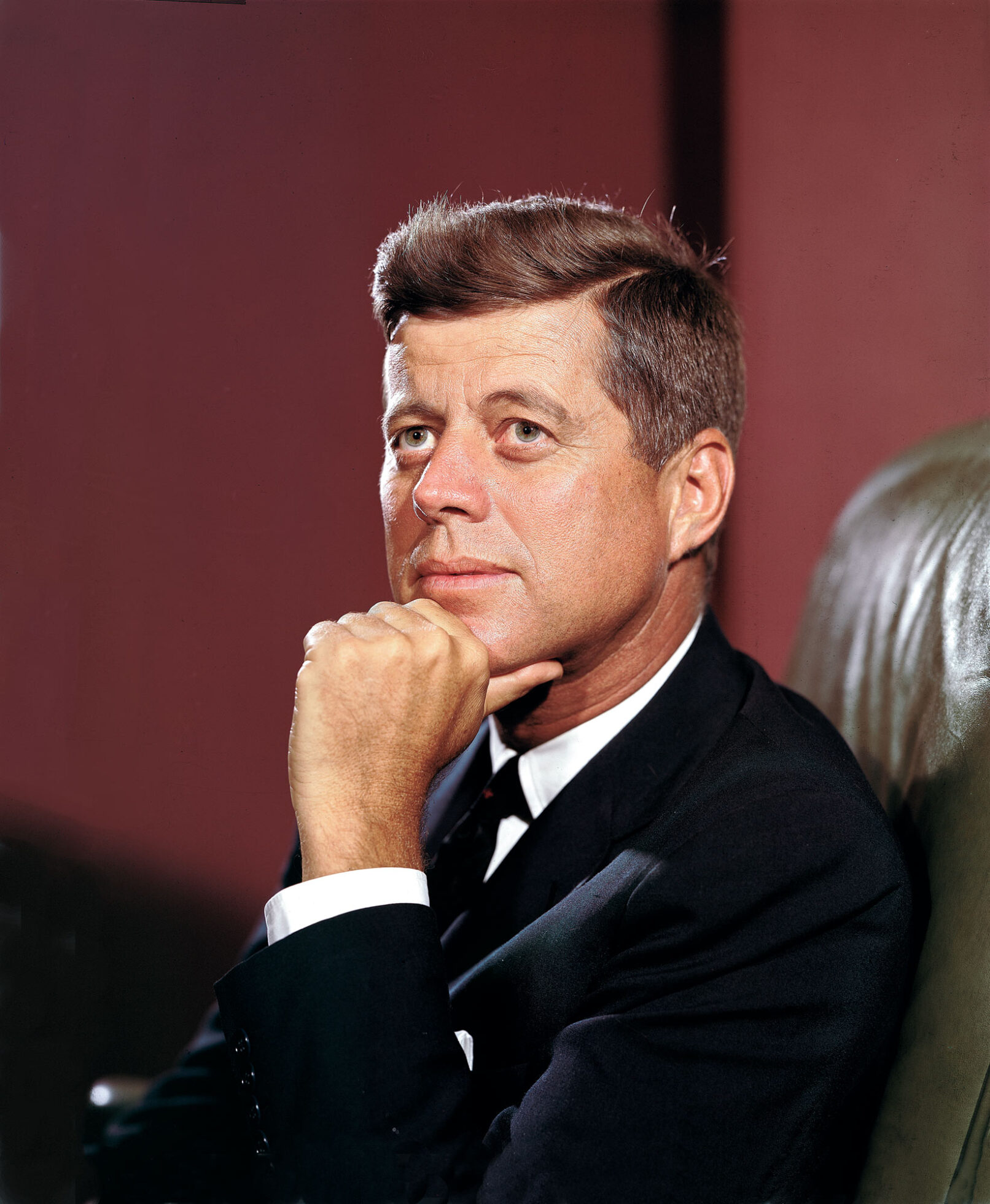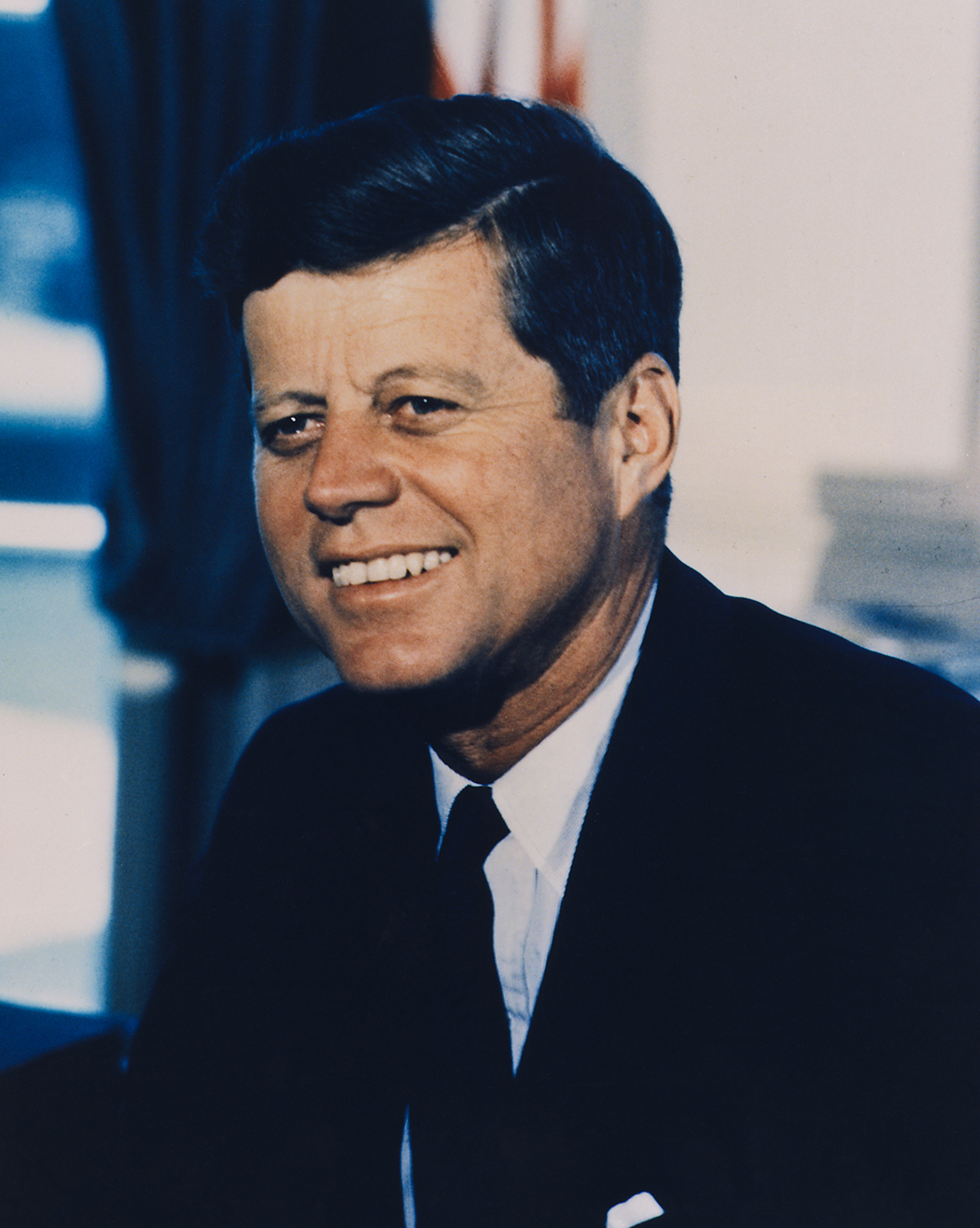John F Kennedy: The Charismatic Leader Who Shaped History
John F Kennedy, or JFK as he’s often called, remains one of the most iconic figures in modern American history. His presidency was marked by a combination of charisma, vision, and tragedy that continues to captivate people around the world. From his inspiring speeches to his stance on civil rights, JFK left an indelible mark on the nation. But who was the man behind the legend? Let’s dive into his life, legacy, and the impact he had on the world. And trust me, this isn’t just another boring history lesson—it’s a story worth telling.
John Fitzgerald Kennedy wasn’t just a president; he was a symbol of hope, progress, and change. His time in office was short but impactful, and his assassination in 1963 sent shockwaves through the nation. Despite the tragedy, JFK’s legacy endures, and his name continues to evoke admiration and respect. So, whether you’re a history buff or just curious about one of America’s most beloved leaders, this article has got you covered.
In this piece, we’ll explore JFK’s life from his early years to his presidency and beyond. We’ll also delve into the controversies, achievements, and the lasting influence he had on politics and society. So, grab a cup of coffee, get comfy, and let’s take a trip down memory lane to uncover the man behind the myth.
Table of Contents
- Biography of John F Kennedy
- Early Life and Education
- Military Service
- Political Career
- Presidency: Key Moments and Achievements
- Civil Rights Movement
- Foreign Policy and the Cold War
- The Assassination of JFK
- Legacy and Impact
- Controversies Surrounding JFK
Biography of John F Kennedy
John F Kennedy was born on May 29, 1917, in Brookline, Massachusetts, into a wealthy and influential Irish-American family. He was the second of nine children and grew up in a household that valued education, politics, and public service. JFK’s father, Joseph P. Kennedy Sr., was a successful businessman and politician, while his mother, Rose Fitzgerald Kennedy, was a socialite and philanthropist. Growing up, JFK was surrounded by privilege, but he also faced health challenges that shaped his character and resilience.
Here’s a quick glance at JFK’s personal details:
| Full Name | John Fitzgerald Kennedy |
|---|---|
| Date of Birth | May 29, 1917 |
| Place of Birth | Brookline, Massachusetts |
| Spouse | Jacqueline Bouvier Kennedy |
| Children | Caroline Kennedy, John F. Kennedy Jr., Patrick Bouvier Kennedy |
| Presidency | January 20, 1961 – November 22, 1963 |
Early Life and Education
John F Kennedy’s early years were filled with both privilege and challenges. He attended some of the best schools in the country, including Choate Rosemary Hall and Harvard University, where he graduated in 1940 with a degree in international affairs. However, JFK’s health was often fragile, and he battled various illnesses throughout his life. Despite these setbacks, he developed a keen interest in politics and history, which would later shape his career.
At Harvard, JFK wrote his senior thesis on British foreign policy, which was later published as a book titled Why England Slept. This early work showcased his analytical skills and his ability to think critically about global issues. JFK’s education laid the foundation for his future success, and his family’s connections in politics provided him with valuable exposure to the world of governance.
Military Service
During World War II, JFK served in the U.S. Navy as a lieutenant. He was assigned to command a patrol torpedo boat, PT-109, in the South Pacific. In 1943, his boat was rammed by a Japanese destroyer, and JFK demonstrated extraordinary bravery by swimming for hours to rescue his crew. This incident earned him a Navy and Marine Corps Medal and a Purple Heart, and it cemented his reputation as a courageous leader.
JFK’s military service was a defining moment in his life, and it taught him the importance of leadership, teamwork, and perseverance. These qualities would later serve him well in his political career, where he faced numerous challenges both domestically and internationally.
Political Career
After the war, JFK entered the world of politics, following in the footsteps of his father. He was elected to the U.S. House of Representatives in 1946, representing Massachusetts’ 11th congressional district. JFK quickly gained a reputation as a dynamic and charismatic politician, and he worked tirelessly to address issues such as labor rights, healthcare, and economic development.
In 1952, JFK was elected to the U.S. Senate, where he continued to build his influence and reputation. During his time in the Senate, he focused on issues like civil rights, tax reform, and foreign policy. JFK’s political career was marked by his ability to connect with people from all walks of life and his commitment to making a difference in the world.
Presidency: Key Moments and Achievements
John F Kennedy’s presidency began on January 20, 1961, when he delivered one of the most memorable inaugural addresses in American history. His famous line, “Ask not what your country can do for you—ask what you can do for your country,” inspired a generation to embrace public service and civic engagement. JFK’s presidency was marked by several key moments and achievements that shaped the nation and the world.
- Space Race: JFK set a bold goal of landing a man on the moon by the end of the decade, which ultimately led to the success of the Apollo program.
- Civil Rights Movement: JFK played a crucial role in advancing civil rights, advocating for legislation that would end segregation and promote equality.
- Cuban Missile Crisis: JFK’s leadership during this tense standoff with the Soviet Union prevented a nuclear war and demonstrated his ability to handle crises with calm and resolve.
Civil Rights Movement
One of JFK’s most significant contributions was his support for the civil rights movement. He recognized the urgency of addressing racial inequality and worked to push for legislation that would protect the rights of African Americans. In 1963, JFK delivered a landmark speech on civil rights, calling for an end to segregation and discrimination. Although he did not live to see the passage of the Civil Rights Act of 1964, his efforts laid the groundwork for future progress.
JFK’s commitment to civil rights was not without controversy, as it faced opposition from some powerful figures in Congress and the South. Nevertheless, his leadership inspired millions of Americans to fight for justice and equality, and his legacy in this area continues to resonate today.
Foreign Policy and the Cold War
During JFK’s presidency, the Cold War was at its height, and foreign policy was a top priority. JFK faced numerous challenges, including the Bay of Pigs invasion, the construction of the Berlin Wall, and the Cuban Missile Crisis. Despite these difficulties, JFK’s leadership helped prevent a nuclear war and strengthened America’s position on the global stage.
JFK also championed international cooperation and development, launching initiatives like the Peace Corps, which sent volunteers to help underserved communities around the world. His vision of a more peaceful and prosperous world inspired countless individuals to contribute to global progress.
The Assassination of JFK
Tragically, JFK’s presidency was cut short on November 22, 1963, when he was assassinated in Dallas, Texas. The shocking event left the nation in mourning and raised countless questions about the circumstances surrounding his death. Although Lee Harvey Oswald was arrested for the assassination, conspiracy theories have persisted for decades, fueling debates about the truth behind JFK’s murder.
The assassination of JFK was a turning point in American history, and it marked the end of an era of optimism and progress. Despite the tragedy, JFK’s legacy endures, and his memory continues to inspire people around the world.
Legacy and Impact
John F Kennedy’s legacy is one of hope, vision, and courage. He inspired a generation to believe in the power of change and the importance of public service. His contributions to civil rights, space exploration, and international diplomacy have had a lasting impact on the world. JFK’s leadership during the Cuban Missile Crisis prevented a nuclear war, and his vision of a peaceful and prosperous world continues to guide policymakers today.
Although JFK’s presidency was brief, his influence extends far beyond his time in office. His speeches, writings, and actions continue to inspire people to strive for a better future. JFK’s legacy serves as a reminder of the power of leadership, the importance of standing up for what is right, and the potential for progress when people come together for a common cause.
Controversies Surrounding JFK
Despite his many accomplishments, JFK was not without controversy. His personal life was often scrutinized, and allegations of infidelity and connections to organized crime have persisted over the years. Additionally, his handling of certain foreign policy issues, such as the Bay of Pigs invasion, has been criticized by some historians.
However, it’s important to remember that JFK was a complex individual who faced immense challenges during his presidency. While his decisions and actions may not always have been perfect, his overall impact on the nation and the world remains undeniable. JFK’s legacy is a testament to the power of leadership, vision, and resilience in the face of adversity.
Conclusion
In conclusion, John F Kennedy was a remarkable leader whose life and presidency continue to inspire people around the world. From his early years to his tragic assassination, JFK’s story is one of courage, vision, and resilience. His contributions to civil rights, space exploration, and international diplomacy have left an indelible mark on history, and his legacy endures as a symbol of hope and progress.
As we reflect on JFK’s life and legacy, let’s remember the importance of standing up for what is right, embracing change, and working together to create a better future. So, why not share this article with a friend or leave a comment below? Together, we can keep the spirit of JFK alive and inspire others to make a difference in the world.
JFK Assassination Files: The Secrets That Shook America
Justice Roberts: The Man Who Shapes Modern American Jurisprudence
Jack Ruby: The Infamous Figure Whose Name Echoes Through History

Kennedy John F. Kennedy

John F. Kennedy

John F. Kennedy » Presidential Leadership